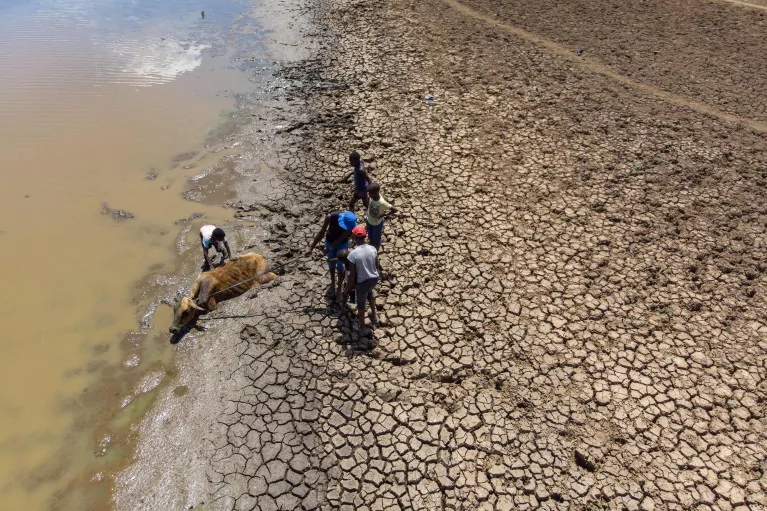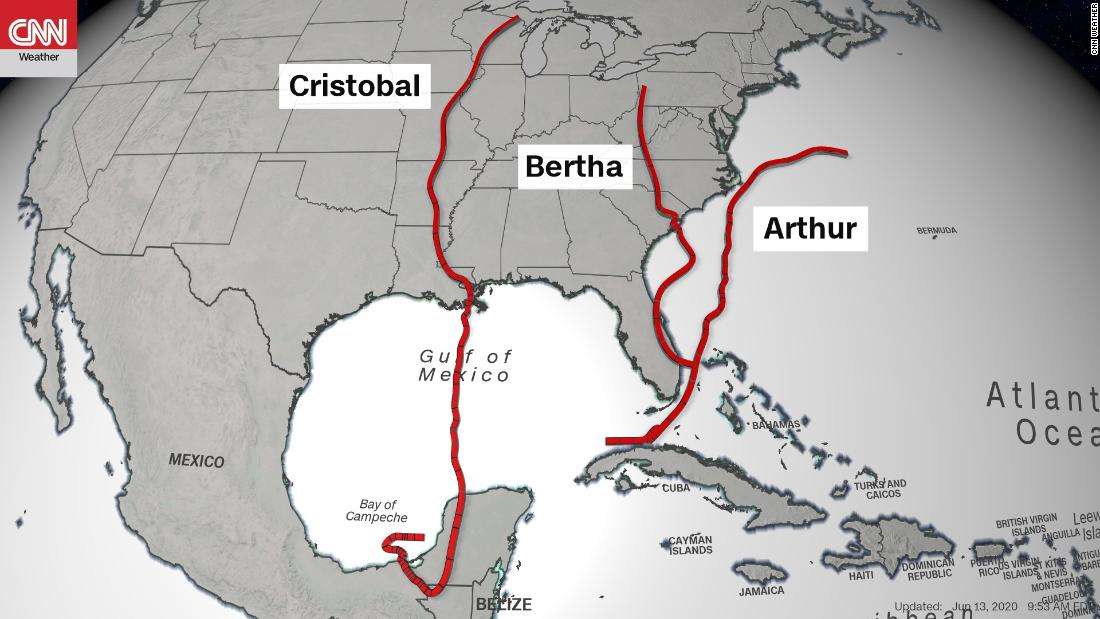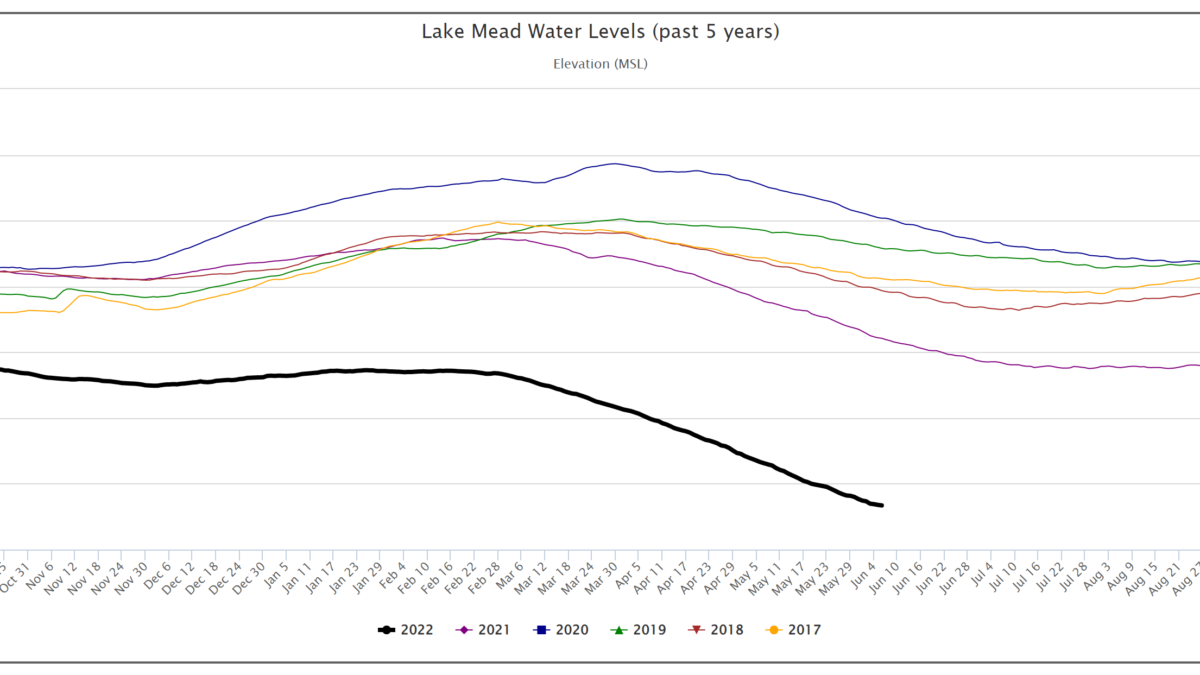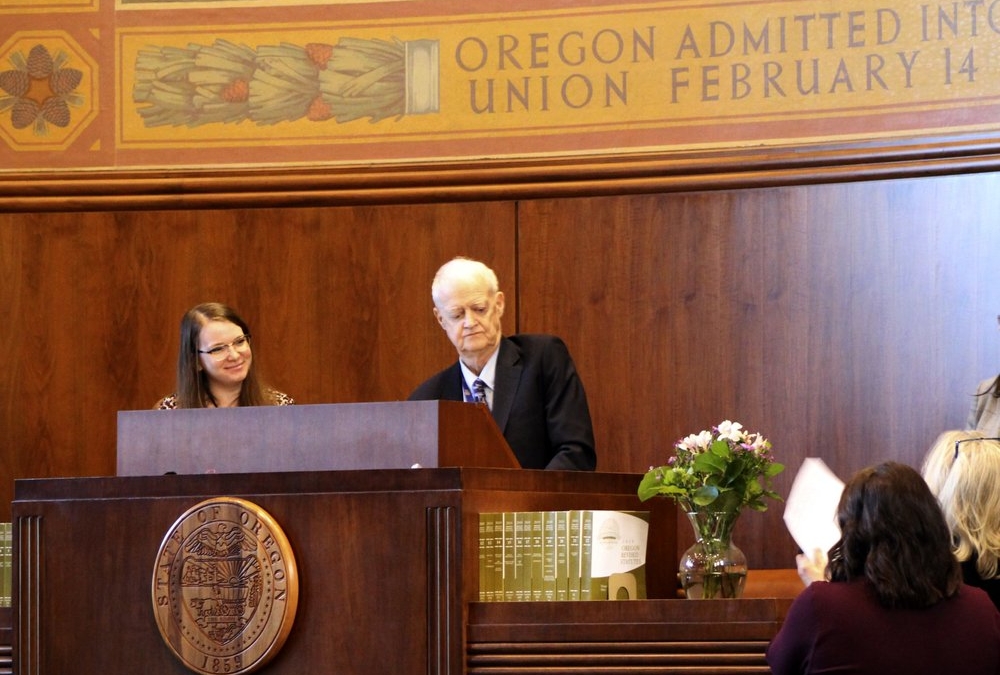The 2010s were a lost decade for climate. We can’t afford a repeat, scientists warn.

By Sarah Kaplan
31 December 2019
(The Washington Post) – At the start of the last decade, Kallan Benson was 5 years old, her favorite story was “The Secret Garden,” and Earth was in the midst of its warmest year on record. Benson had heard about climate change (her mother is an environmental scientist), but she didn’t know world leaders had just signed an agreement calling it “one of the greatest challenges of our time.” She cared about Earth, but she trusted adults to protect it.
She doesn’t feel that way anymore.
By the final year of the decade, the planet had surpassed its 2010 temperature record five times. Hurricanes devastated New Jersey and Puerto Rico, and floods damaged the Midwest and Bangladesh. Southern Africa was gripped by a deadly drought. Australia and the Amazon are ablaze. Global emissions are expected to hit an all-time high this year, and humanity is on track to cross the threshold for tolerable warming within a generation.
The 2010s were a “decade of disappointment,” said Benson, now 15 and a national coordinator for the youth climate organization Fridays for Future. If the world is to stave off further disasters, the next decade must be one of unprecedented climate action, she said.
“This decade that we’re going into now will be the most important of our lives,” Benson said. “We’re kind of running out of options. And we’re running out of time.” [more]
The 2010s were a lost decade for climate. We can’t afford a repeat, scientists warn.


